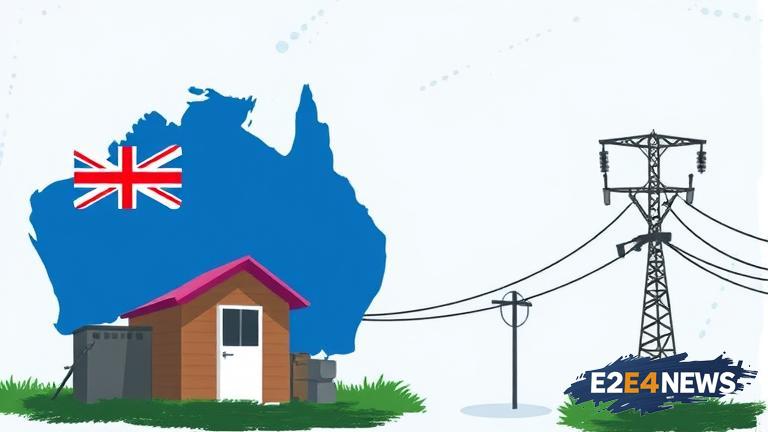The increasing cost of electricity in Australia has led to a growing interest in home batteries as a means to reduce power bills. With the country experiencing some of the highest electricity prices in the world, many homeowners are exploring alternative energy solutions. Home batteries, such as those offered by companies like Tesla and LG, allow households to store excess energy generated by solar panels during the day for use at night or during power outages. However, before investing in a home battery, there are several factors to consider. The first step is to assess your energy usage and determine if a home battery is right for you. This involves analyzing your daily energy consumption patterns and identifying areas where you can reduce your energy usage. It’s also essential to consider the cost of the battery, as well as any additional costs associated with installation and maintenance. Furthermore, homeowners should research the different types of home batteries available, including lithium-ion and lead-acid batteries, and compare their features and benefits. The size of the battery is also crucial, as it will depend on the amount of energy you need to store. Additionally, it’s vital to ensure that your home is equipped with a compatible solar panel system, as home batteries are designed to work in conjunction with solar panels. Some homeowners may also be eligible for government incentives or rebates, which can help offset the cost of the battery. Despite the potential benefits, there are also some drawbacks to consider, such as the high upfront cost and the limited lifespan of the battery. Nevertheless, for many Australian homeowners, the benefits of home batteries far outweigh the costs, and the technology is becoming increasingly popular. In fact, a recent survey found that over 50% of Australian households are considering investing in a home battery in the next five years. As the demand for home batteries continues to grow, it’s likely that we’ll see further innovations and improvements in the technology, making it even more accessible and affordable for homeowners. The Australian government has also announced plans to increase funding for renewable energy projects, including home batteries, which is expected to drive growth in the industry. Overall, home batteries offer a promising solution for Australian homeowners looking to reduce their power bills and reliance on the grid. With the right information and planning, investing in a home battery can be a smart and cost-effective decision. However, it’s crucial to carefully consider the costs and benefits before making a decision. By doing so, homeowners can ensure that they’re making an informed investment that will meet their energy needs and provide long-term savings.
